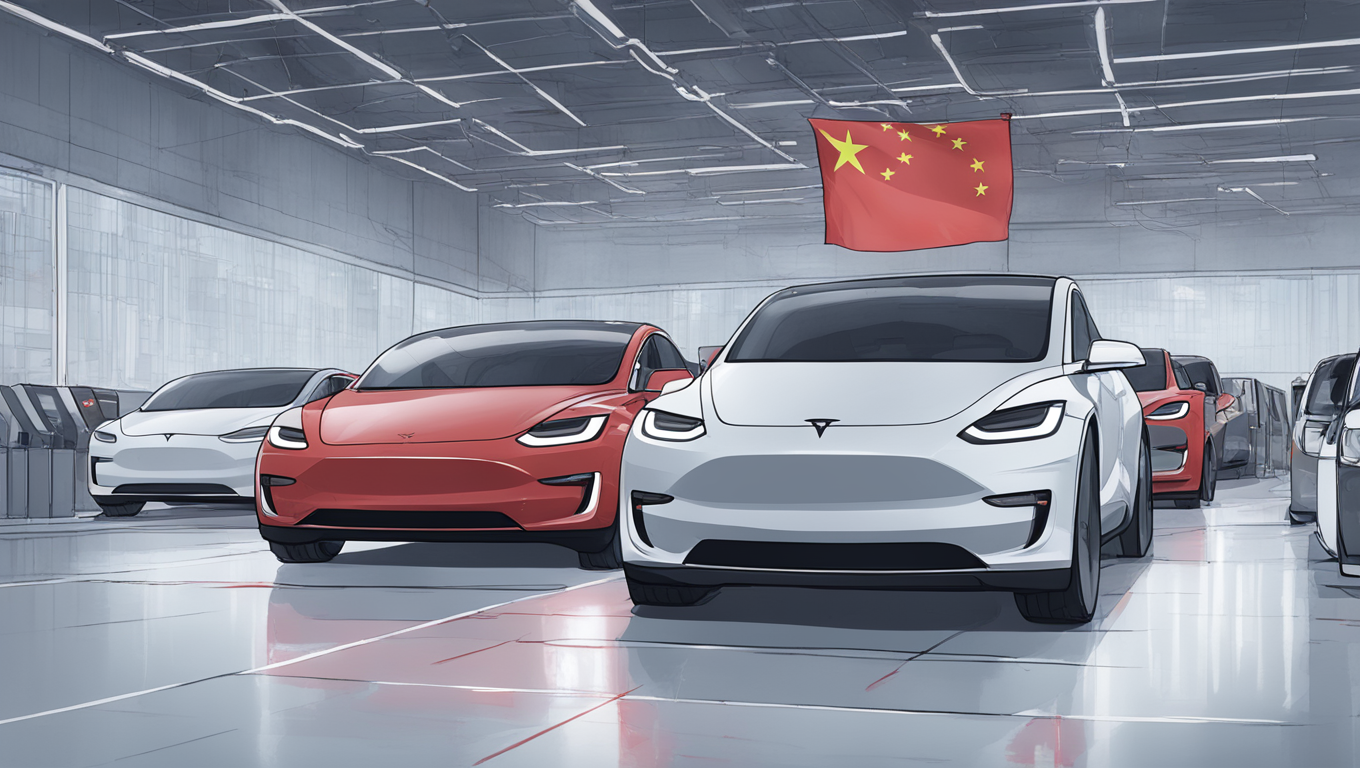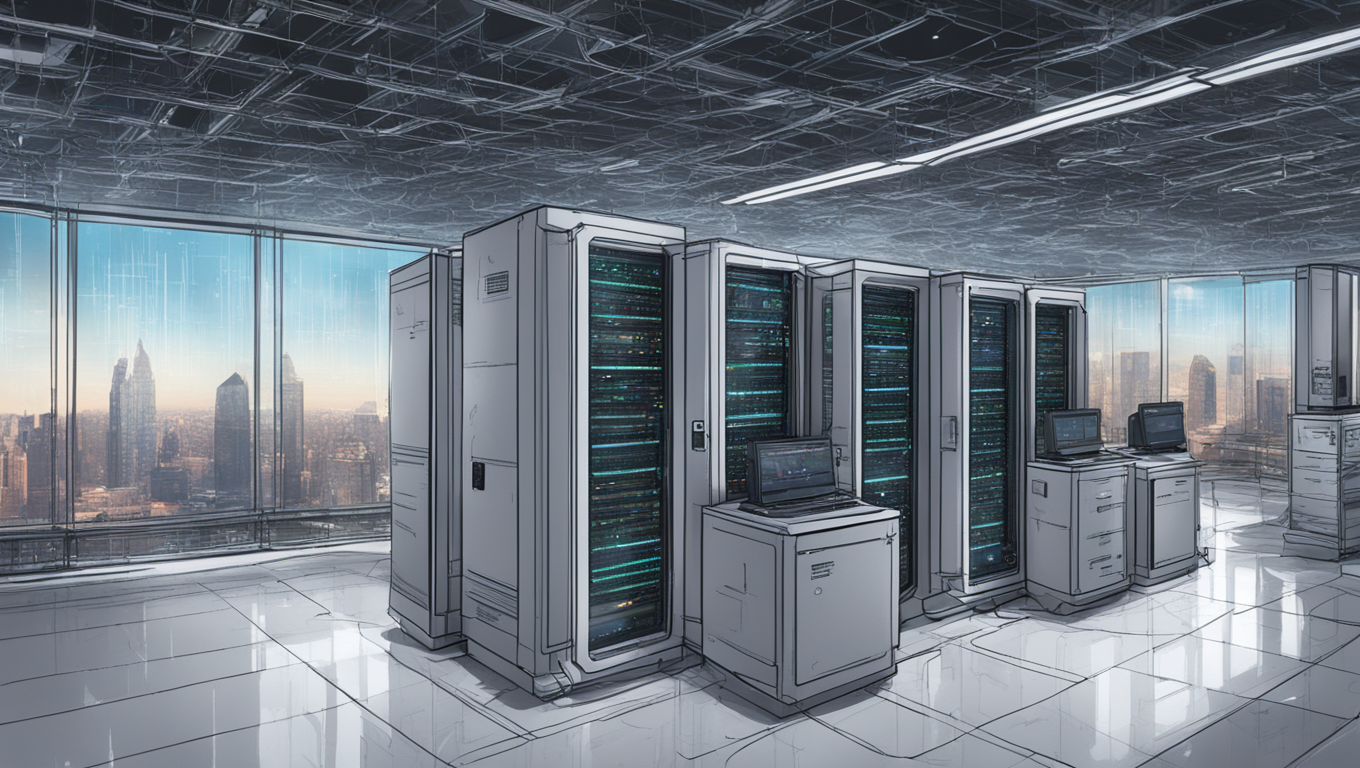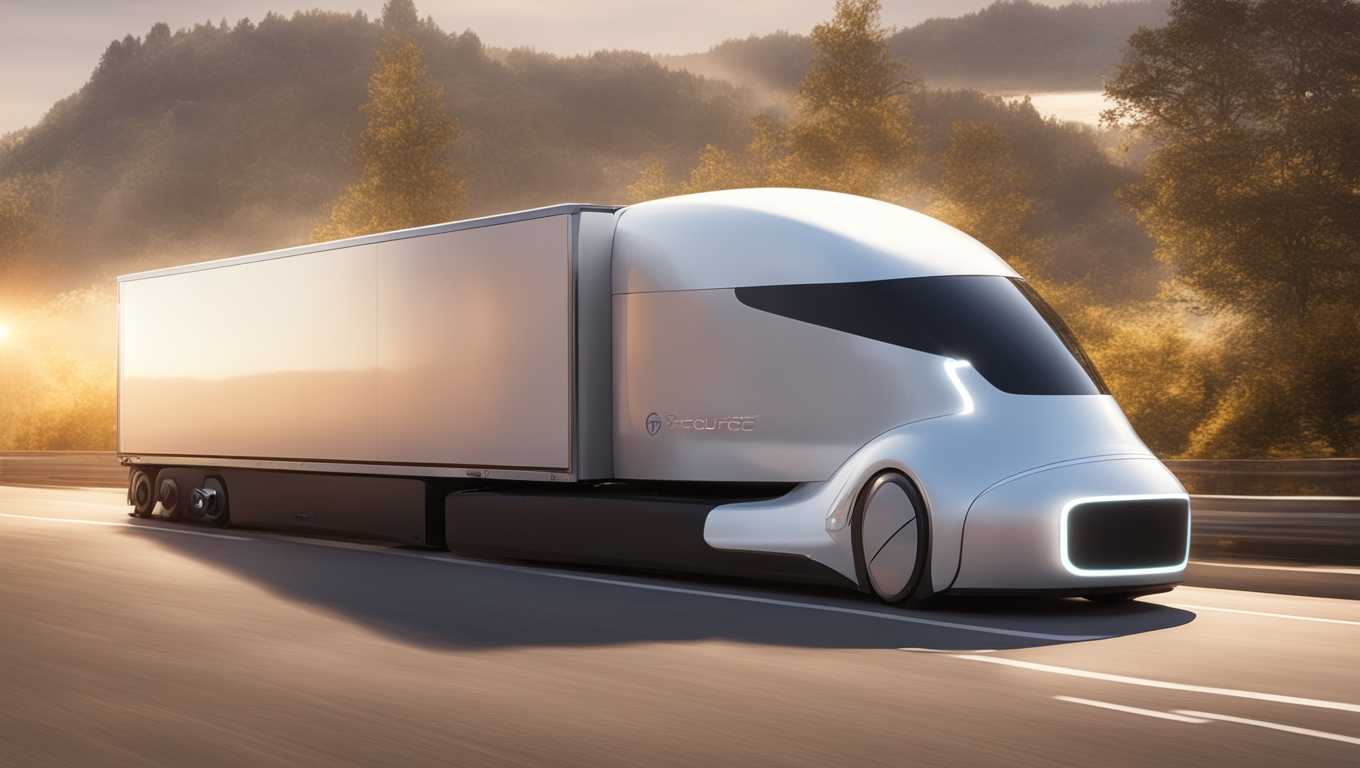Tesla’s Strategic Shift: Developing Data Center in China for Self-Driving AI
In a strategic move to accelerate the development of its self-driving technology, Tesla is planning to establish a data center in China. By utilizing data from its vehicles in China, Tesla aims to train the algorithm necessary for fully autonomous vehicles. This pivot signifies a significant shift in focus for the electric vehicle giant, as it bet on a breakthrough in artificial intelligence (AI) amid a slowdown in EV demand and increased competition.
Previously, Tesla’s efforts in China centered around obtaining approval to transfer data generated by its electric vehicles out of the country for its “Full Self Driving” (FSD) system. However, the company is now exploring the option of establishing a data center within China, potentially in partnership with a local company. This move would require Tesla to address challenges such as complying with U.S. sanctions that restrict the sale of advanced chips in China.
China, being the world’s largest car market, possesses a vast fleet of sensor-equipped vehicles capable of collecting valuable data from congested cities with complex traffic patterns. Leveraging this data would be instrumental for Tesla in developing its AI algorithms for autonomous driving. The potential of China as a launchpad for self-driving is significant, just as Tesla’s Shanghai Gigafactory enabled the company to establish itself as a mass-market EV manufacturer.
Yale Zhang, managing director at Shanghai-based consultancy Automotive Foresight, views Tesla’s rollout of FSD in China and its utilization of Chinese data for algorithm training as a milestone for the company. He highlights China’s crucial role in scaling up EV production for Tesla and believes it will also play a significant part in advancing the mass adoption of autonomous driving technologies.
While experts predict that it will still take several years before fully autonomous cars become commonplace, China’s EV manufacturers have made self-driving technology a priority. Several automakers have already been granted licenses to test level-three systems, which allow drivers to take their hands off the wheel and look away on a wider range of roads in China.
In terms of data operations, it’s worth noting that at least five automakers have approval to transfer some of their data out of China. However, none of these approvals are specifically for training AI systems, which distinguishes Tesla’s potential data utilization in the country.
As Tesla continues to navigate regulatory requirements and hardware sourcing challenges, its CEO, Elon Musk, remains confident in the capabilities of Tesla’s FSD system. During a recent call with investors, he emphasized the company’s AI focus and expressed confidence that the system would work well in almost any market, with the potential for optimization through country-specific training.
Tesla’s strategic shift towards developing a data center in China marks a significant move for the company in its pursuit of advancing autonomous driving technology. By harnessing the immense pool of data available in China, Tesla aims to accelerate the development of its self-driving system and solidify its position as a leader in the EV industry.





Use the share button below if you liked it.